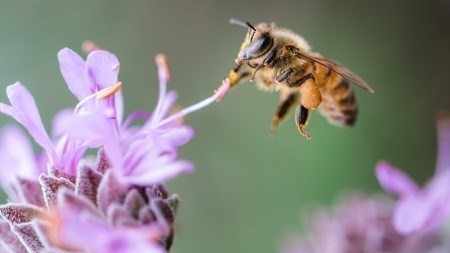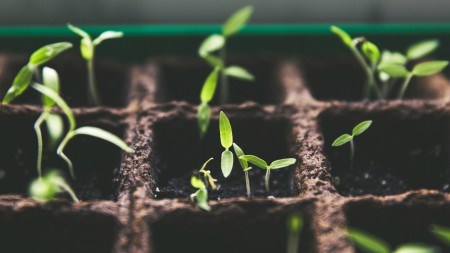Over the past few years, various initiatives have been undertaken in Johannesburg’s inner city to revitalise it and improve the lives of those living there. One of the latest initiatives is the establishment of much needed, sustainable food gardens.
The initiative is being collectively backed by the Johannesburg Development Agency, non-profit organisation Food & Trees For Africa (FTFA), the Johannesburg Housing Company (JHC) and its subsidiary Makhulong A Matala.
Already a success
Following the successful establishment of ground and rooftop food gardens in Hilbrow, Joubert Park, Troyeville, Newtown and Fordsburg, another garden named the Lake Success Food Garden was recently established on the rooftop of a tenanted building on the corner of Peterson and Edith Cavell Street in Hilbrow.
Spinach, beetroot, onions, tomatoes, cabbage, beans and rosemary comprise the bulk of the vegetables being grown in the garden. Once ripe, the crops are shared out among the tenants who volunteered to tend the garden. It is hoped that Lake Success will promote healthy eating and alleviate hunger, malnutrition and disease, as well as create skills and eventually reduce unemployment, and save families money.
Training
JHC CEO Elize Stroebel says that the tenants who volunteered to get involved in the project have been trained to understand, start and manage an organic food garden. She adds that the garden should improve food security while also providing for the cultivation of medicinal herbs on a small scale.
A sustainability plan has also been put in place, which entails tenants growing their seedlings from harvested seeds to limit the cost of buying ready-grown seedlings. The plan also details how tenants can use available resources such as grey water and harvested rainwater to water the gardens.
FTFA will manage the project until tenants can take it over completely. It is envisaged that once the garden starts yielding surplus crops, these will be sold to generate extra income. With this in mind, tenants are being introduced to basic business skills.
“It’s so great!”
Mukhithi Bakali, a civil engineering student living at Lake Success, and a minder of the garden, says that being involved has improved his life. “I now have spare money to buy other important things for school because I don't have to worry about buying vegetables,” he says.
Tending the garden has also become a calming, social activity that has helped him to interact better with others, he says. “We cover for each other. When one can't make it to their scheduled garden time, one has to cover for them as we are all dependent on the garden.”
Elize explains that, through projects such as the food garden, the JHC is supporting Johannesburg’s six main principles for a sustainable city, specifically, eradicating poverty, building and growing an inclusive economy and sustainable human settlements, ensuring resources security and environmental sustainability, achieving social inclusion through support and enablement, and promoting good governance.
“We are confident that this initiative will prosper, as it has at other JHC rooftop gardens,” she concludes.


